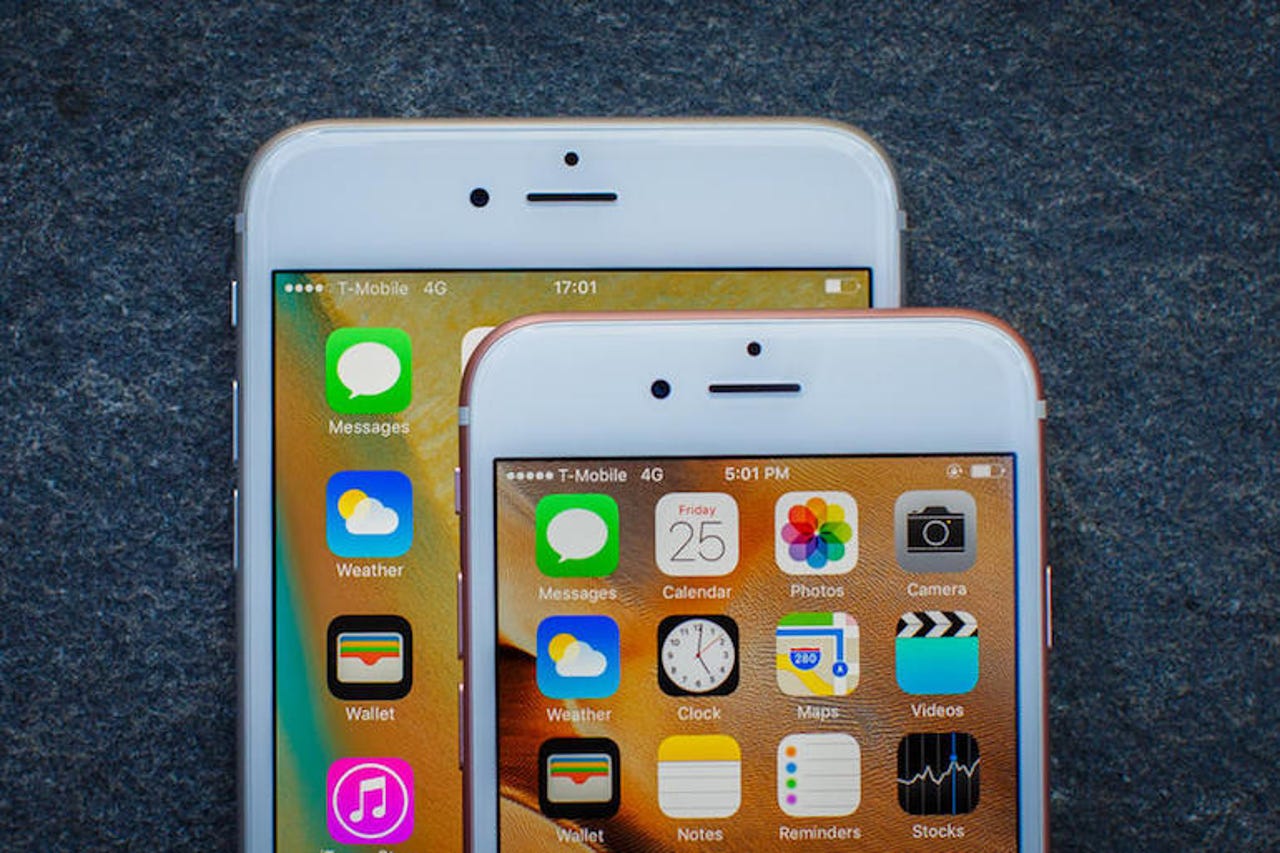Beyond the iPhone: Where does Apple go next?

What comes after the iPhone for Apple?
Let's start with a bit of much needed context: in its financial results last week, Apple reported that it had generated $50.6bn in revenue and $10.5bn in profits in a quarter, at a gross margin of 39.4 percent. That's a remarkably strong balance sheet that any company would love to have.
However - sales of Apple's three big products: iPhone, iPad and Mac all dropped, and few see a rapid return to the huge growth of previous years; has the apparently unstoppable march of Apple finally ground to a halt?
Apple, with some justification argues there is still plenty of growth to be had: that half the world is still to buy a smartphone yet and that its prospects in India and China remain bright. That iPhone customers are loyal and upgrading and that it is still persuading Android users to make the switch to iOS.
But it is clear that the huge growth of previous quarters will be harder to repeat: big markets like the US and Europe are saturated, consumers are slower to replace their tablets than expected - and the Apple Watch is still looking for a killer app.
So what is this likely to mean for Apple over the next months and years? I'd argue that many of the challenges that Apple faces are shared with the rest of the consumer tech industry, but that Apple has a better chance of navigating through than many.
Short term - next six months
The iPhone will continue its incremental improvement: perhaps the iPhone 7 will be waterproof or pack a bigger battery: but there's unlikely to be any huge changes simply because it's too risky to mess with the magic formula. Apple's on-off love-affair with enterprise will most likely be on again: it's not clear that the iPad Pro has made much of an impact so far but Apple is likely to make a bigger push to persuade CIOs that they need to turn their enterprise applications into iOS apps.
Medium term - next two years
Earlier this year Apple's install base of active devices passed one billion, and so Apple is going to make more effort to build up its services revenue, the one growth area in its results last week - up 20 percent to $6bn. From a consumer point of view this means apps and music, but there's also lots of potential here in the enterprise space.
One obvious area is Apple Pay: the payment infrastructure is increasingly in place and Apple's pay-by-phone app is still well ahead of any Android rival. And there are interesting concepts like Apple's HealthKit (using the data from your iPhone or Apple Watch for health monitoring) that haven't been explored very deeply so far. Another big potential area currently under-developed is Home Kit - Apple's home automation framework. These additions to the iOS ecosystem are good not just for generating revenue but also in binding users into the Apple hardware and software ecosystem.
Longer term - next five years
This is where the big bets come in: the Apple Car, the Apple Watch and anything else in the labs (virtual reality? that long-awaited Apple TV set?). I'm including the Apple Watch because it's unclear how big a role this is going to play for Apple in the short term (and even though Apple said that it sold more Apple Watches during its first year on sale than it sold iPhones in the smartphone's first year on sale.)
It's here that the big leap will have to take place: is it possible for Apple to take its experience in building computing devices and use that to build products -- or vehicles -- that are not sold, primarily, as computing devices?
That's the big leap the whole industry faces: as computers stop being devices we hold and merge into the environment, into cars, building and more, what does that mean for tech companies? What happens when computing becomes ubiquitous - and invisible: everywhere and nowhere?
It's hard to guess which tech company will win out in such a scenario, when the focus on technology for technology's sake becomes less relevant. But the sorts of skills successful technology companies will need - around good design, user experience and ecosystem building would suggest that Apple has a better shot at it than many.
ZDNet's Monday Morning Opener is our opening salvo for the week in tech. As a global site, this editorial publishes on Monday at 8am AEST in Sydney, Australia, which is 6pm Eastern Time on Sunday in the US. It is written by a member of ZDNet's global editorial board, which is comprised of our lead editors across Asia, Australia, Europe, and the US.
Previously on the Monday Morning Opener:
- Perhaps there is a cyber-point to this innovation claptrap
- Tom Siebel's C3 IoT looks to expand, slay giants
- Big data's biggest problem: It's too hard to get the data in
- Do not touch this one Android setting and most malware will leave you alone, mostly
- How Apple became Samsung, and why Steve might have approved
- Open Compute Project: Gauging its influence in data center, cloud computing infrastructure
- VR is the next big thing, whether you can see it or not
- For simplicity and security, Apple needs to draw a line now to prevent further ones
- Will Galaxy S7 keep Samsung in pole position?
